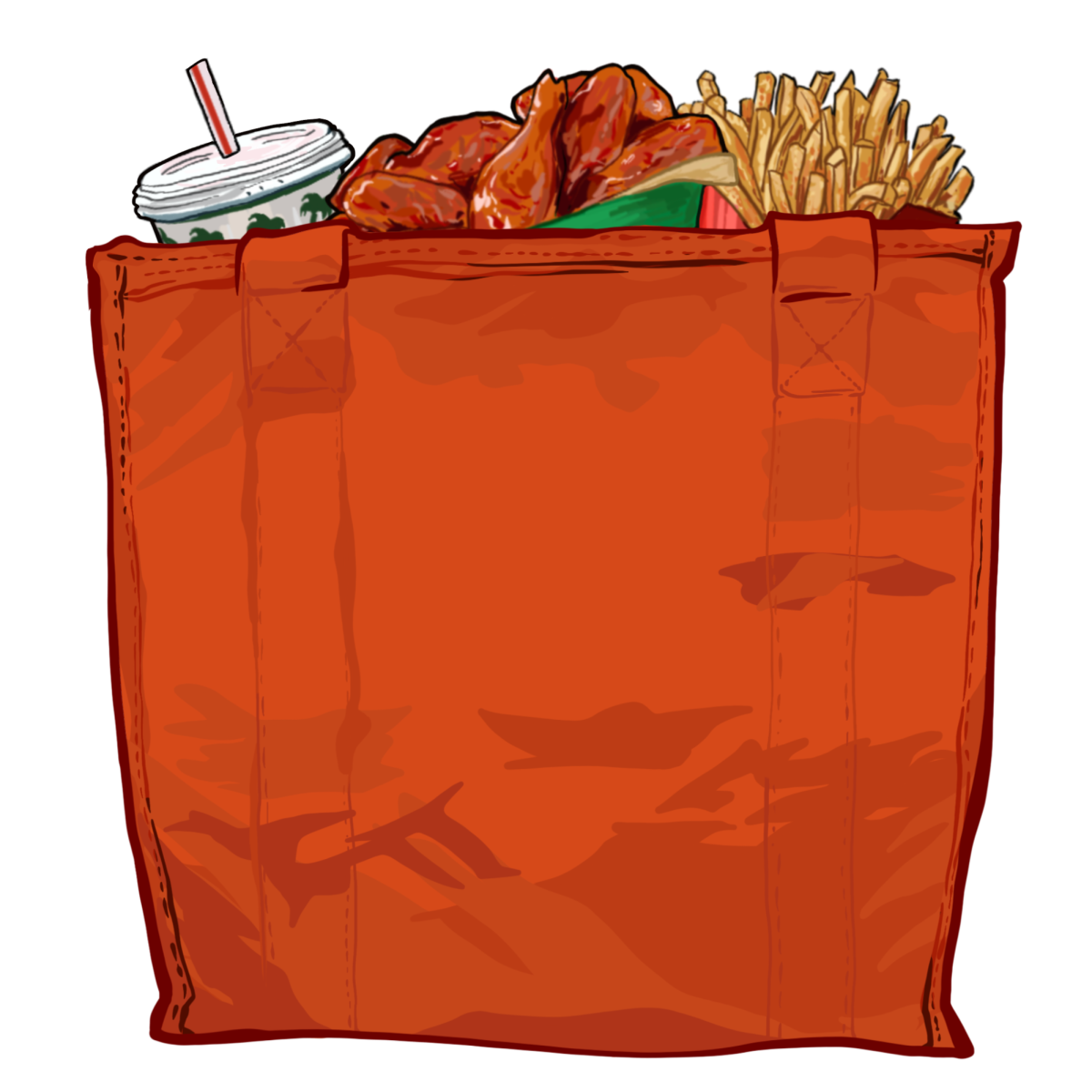Written by Kaya van der Horst
1. Buy locally grown and raised foods.
Besides supporting local farm families, local food is fresher since it is not flown in from another continent.
2. Have a weekly Meatless Monday.
Beans, nuts and tofu serve as excellent protein substitutes, which are not only cheaper than meat, but are also an eco-friendly alternative that help reduce fossil fuel dependence. According to the WorldWatch Institute, around 28 calories of fossil fuel energy are needed to produce one calorie of meat, while only 3.3 calories of fossil fuel energy are needed to produce one calorie of a plant protein.
3. Go organic.
Buying organic foods promotes a less toxic environment for all living things through the reduction of toxins and farm pollution. Since going organic can be pricey, try to prioritize dairy, meat and fruit and vegetables such as berries, apples and spinach.
4. Compost food waste.
It’s an easy way to enrich your soil while extending the life of landfills. If you don’t have space for an outdoor compost pile, you can just as easily compost indoors with the use of a special bin. Compostable items include yard trimmings, eggshells, paper, fruits, vegetables and coffee grounds.
6. Buy seasonal produce.
Forget buying cherries and bananas from Ecuador during the winter. Go for the local apples and oranges instead, which will be more nutritious and less expensive. Foods that were harvested early to endure long distance shipping won’t have the full complement of nutrients they previously had.










